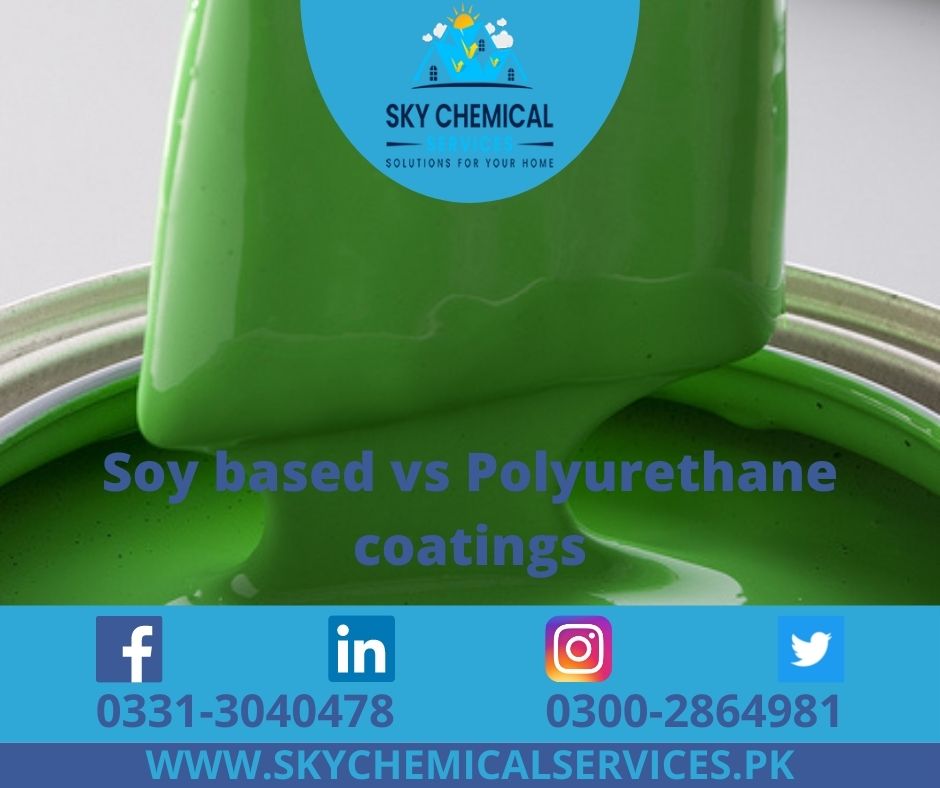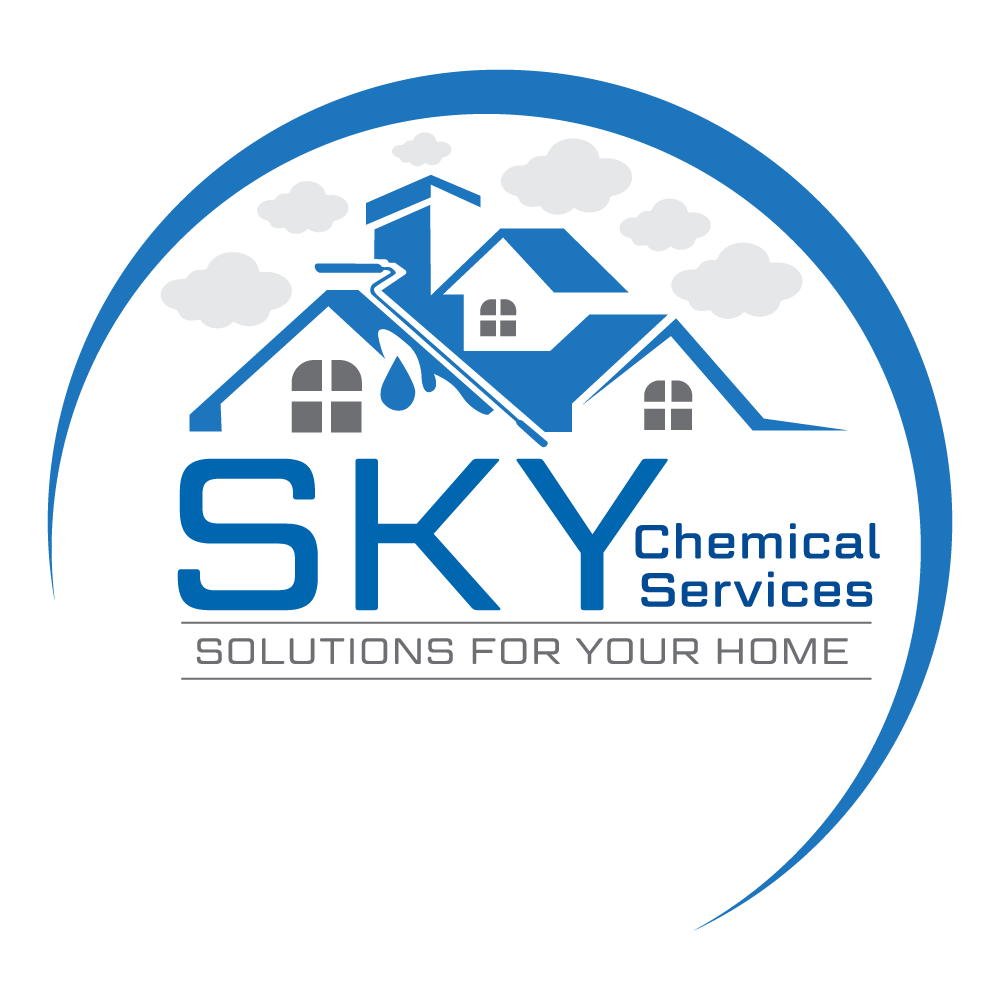
The nutritional and environmental benefits of soy as a food product are well-known to most of us. Few people understand, however, that this adaptable plant may also play an important function in home construction. Soy-based spray insulation may be a feasible alternative to traditional polyurethane insulation for people interested in safe and sustainable “green” building; nevertheless, there are a few limitations to consider before making the move. Polyurethane coatings provide durable protection, enhancing surfaces with a resilient, seamless finish. Ideal for various applications, ensuring longevity.
Understanding the Dangers of Conventional Spray Insulation
Polyurethane (a soft material) is used in a wide range of products, from foam mattresses and pillows to bowling balls. Though liquid polyurethane includes a variety of harmful volatile organic compounds (VOCs), it is expected to be chemically stable and harmless once it has fully “cured.” Unfortunately, not all polyurethane products are made equal, and it has recently been discovered that some products, such as adhesives, coatings, and spray foam, can never cure completely. This implies that once polyurethane spray insulation is installed, it may continue to leak VOCs into our homes and businesses for many years.
The Environmental Protection Agency (EPA) disagrees with the manufacturers’ claims that polyurethane spray foam insulation is completely safe. “The potential for volatile chemical off-gassing from spray polyurethane foam is not well known,” according to the EPA, “and is an area where additional research is needed.”
Myths Attached to Polyurethane
Soy Insulation: Safe or Unsafe?
Soy insulation, like any “green” insulation, was created to reduce humanity’s carbon footprint and dependency on fossil fuels. All plastics, including polyurethane, are made from petroleum sources. However, because of its absence of VOC off-gassing, it’s being researched as a safer alternative to polyurethane insulation in recent years. As one architect puts in, “there is no question that soy-based insulation is less harmful than polyurethane”.
While they are continually improving and can compete with petroleum-based products, present soy-based technologies cannot compete on the same level or give the same insulating density or R-value as poly. At least part of the environmental benefits of soy insulation is lost as a result of increased use while heating and cooling closed structures (though energy expenditure will still be far lower than what is required when using fibreglass insulation). Furthermore, when homeowners choose soy insulation over traditional polyurethane insulation, they must pay extra to maintain the temperature of their houses.
Finally, contrary to common assumption, soy insulation is not totally free of harmful chemicals; it does contain some urethane, which is required to adequately bond the insulation. It only contains a certain quantity of soy-based substance, which varies from one maker to the next. As a result, verifying how “green” a soy-based foam product is before putting it in your house is critical. (However, because both fiberglass batting and pure polyurethane insulation “off-gas” hazardous chemicals, soy may still be the safest option compared to both.)
Risks Associated with Polyurethane Foam Spray
- There is an overall increase in formaldehyde and chemicals.
- The removal process is very hectic and will take a lot of time if applied incorrectly.
- Your health can also be affected due to the odor and particles that polyurethane gives.
- Industries that Benefit from Polyurethane Coatings
- How to Spray Polyurethane on Different Surfaces?
Conclusion
Polyurethane foam spray is a long-lasting insulation method that ensures water seepage and warmth within closed structures. There are some risks involved with this type of application, like increase in chemicals around the closed structure, once applied, is difficult to scrap away and other potential problems. Also, when compared to soy insulation, it is more harmful in terms of VOCs and irritating odors.
If you like to know more about our services, visit (Sky Chemical Services)
